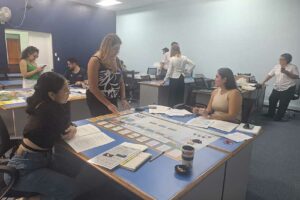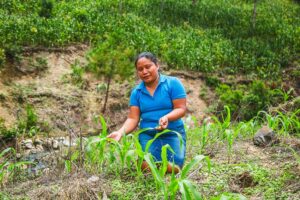Central America's agricultural systems are threatened by climate variability and change
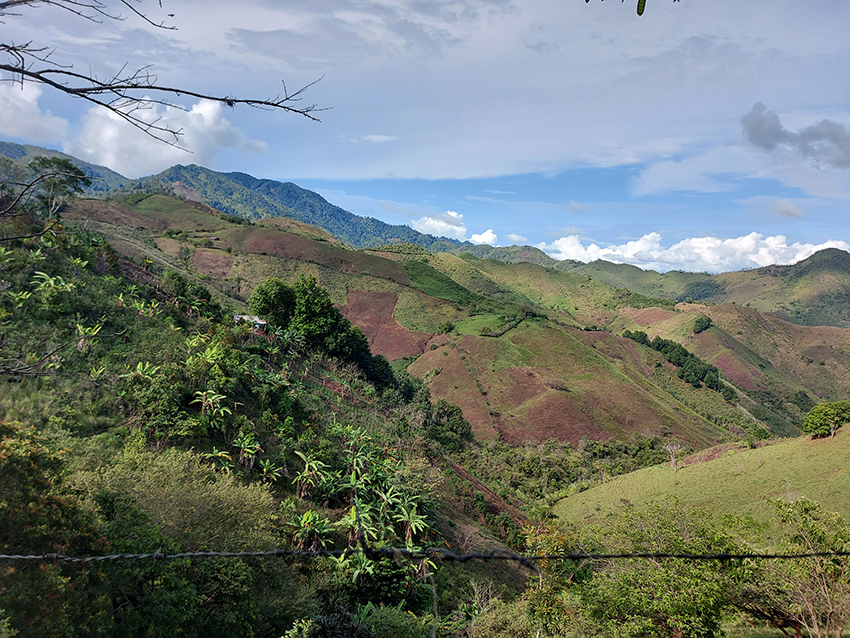
- Both processes are affecting agricultural systems, especially those that are not irrigated.
February 20, 2023. In recent years, research has warned about the vulnerability of rural communities and the impacts of increased climate variability and gradual climate change on agricultural systems in Central America. Extreme events, such as heat waves and torrential rains, combine with gradual changes that increase temperatures and modify rainfall patterns.
Both processes are currently having a significant impact on small and medium-scale agricultural systems, and are likely to be exacerbated by climate change. These systems are the most widespread in the region and support the majority of rural families.
Researchers from the Climate Action Unit of CATIE (Tropical Agricultural Research and Higher Education Center) point out that the areas suitable for the production of corn, beans and coffee (among other crops) will be reduced throughout the region, unless measures are implemented to adapt to these changes. In addition, the effects of extreme events have a high impact, such as an increase in pests and diseases and loss of crops or quality of agricultural products.
"Small-scale corn and bean producing families are currently the most vulnerable to the impacts of deficit or excess rainfall, which cause problems in food security and famine, while agro-forestry or livestock systems are more sensitive to different climatic events depending on their location. It is important to know these factors at the local level in order to identify short and long term responses," said Pablo Imbach, leader of CATIE's Climate Action Unit.
The vulnerability of farming families also depends on their local socioeconomic conditions and their capacity to adjust their production systems to the new climate conditions.
"The results of surveys and interviews indicate that basic grains producers have a lower degree of satisfaction of their basic needs, such as low access to drinking water, education and health; aspects that may condition their investment decisions in improving their production systems in the long term. On the other hand, producers of permanent crops such as coffee and livestock have greater access to resources for innovation, for example, training, but very little for transformation, such as access to financing," said Andrea Zamora, CATIE researcher.
A specific case
In focus groups with local experts and producers in Honduras, Guatemala and El Salvador, CATIE gathered information on changes in the length and delay of dry and rainy seasons during the year and their effects on production systems.
According to the results of this perception exercise on agricultural calendars, participants in all three countries mentioned that the rainy season is shorter, with changes in duration of two to six weeks less, depending on the year and locality. Also, in all focus groups it was mentioned that the growth and development of maize and bean plants are directly affected by the intensity and delay of the heat wave, erratic rains cause flowering to be lost, the increase in pests and diseases and other processes decrease the quantity and quality of harvests and increase input costs.
"Faced with this scenario, the countries of the region must take measures to increase the adaptive capacity of producer families, with intervention strategies to promote practices that address adaptation needs at different time horizons, i.e., considering current and long-term conditions," said Muhammad Ibrahim, director general of CATIE.
Claudia Bouroncle, CATIE researcher, added that adaptation actions must take into account the local heterogeneity of agricultural systems in order to adapt adaptation measures, for example, farm size, land tenure security, access to water for agricultural use, geographic location, climate risks to which they are exposed and the socioeconomic context of farming families.
In this regard, Imbach indicated that CATIE is working in this direction, seeking solutions with a strong emphasis on the construction of adaptation routes and solutions based on nature; in addition, together with partners and international cooperation, tools are developed according to the particular needs of each territory, in order to help decision makers and financial mechanisms to strengthen more comprehensive strategies.
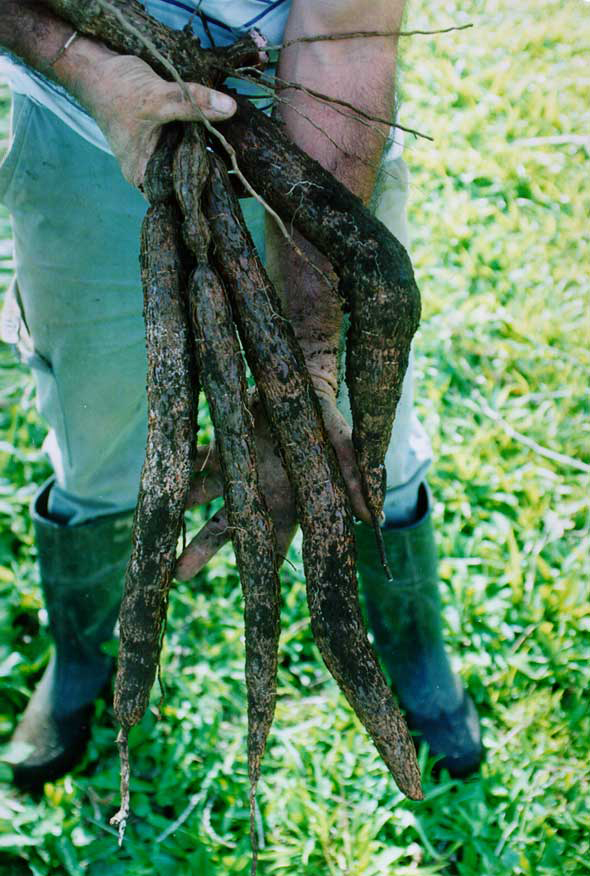
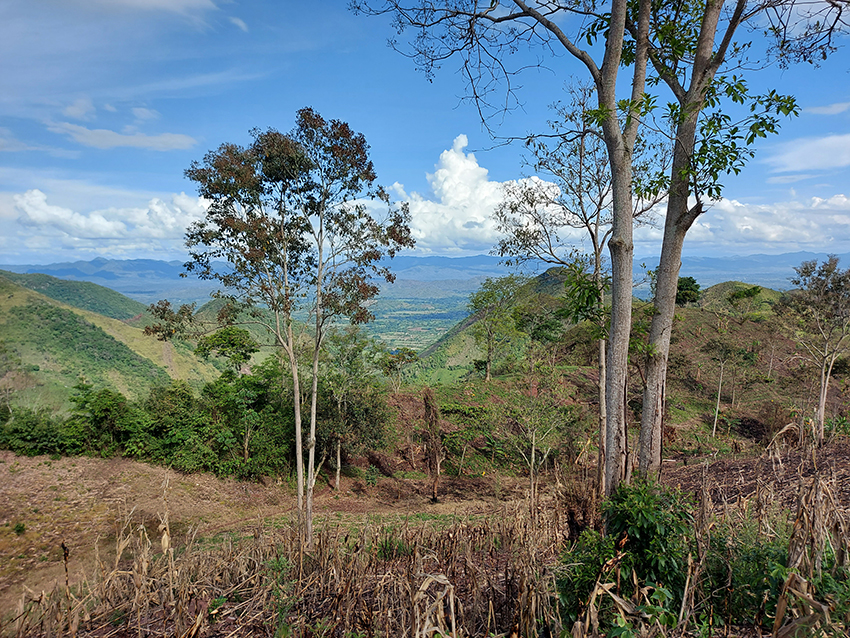
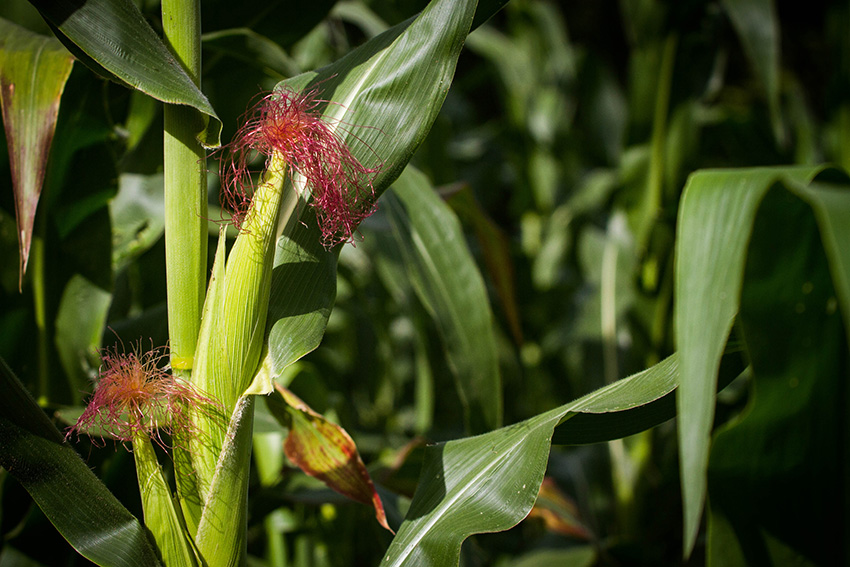
Written by:
Karla Salazar Leiva
Communicator
Information Technology and Communication

